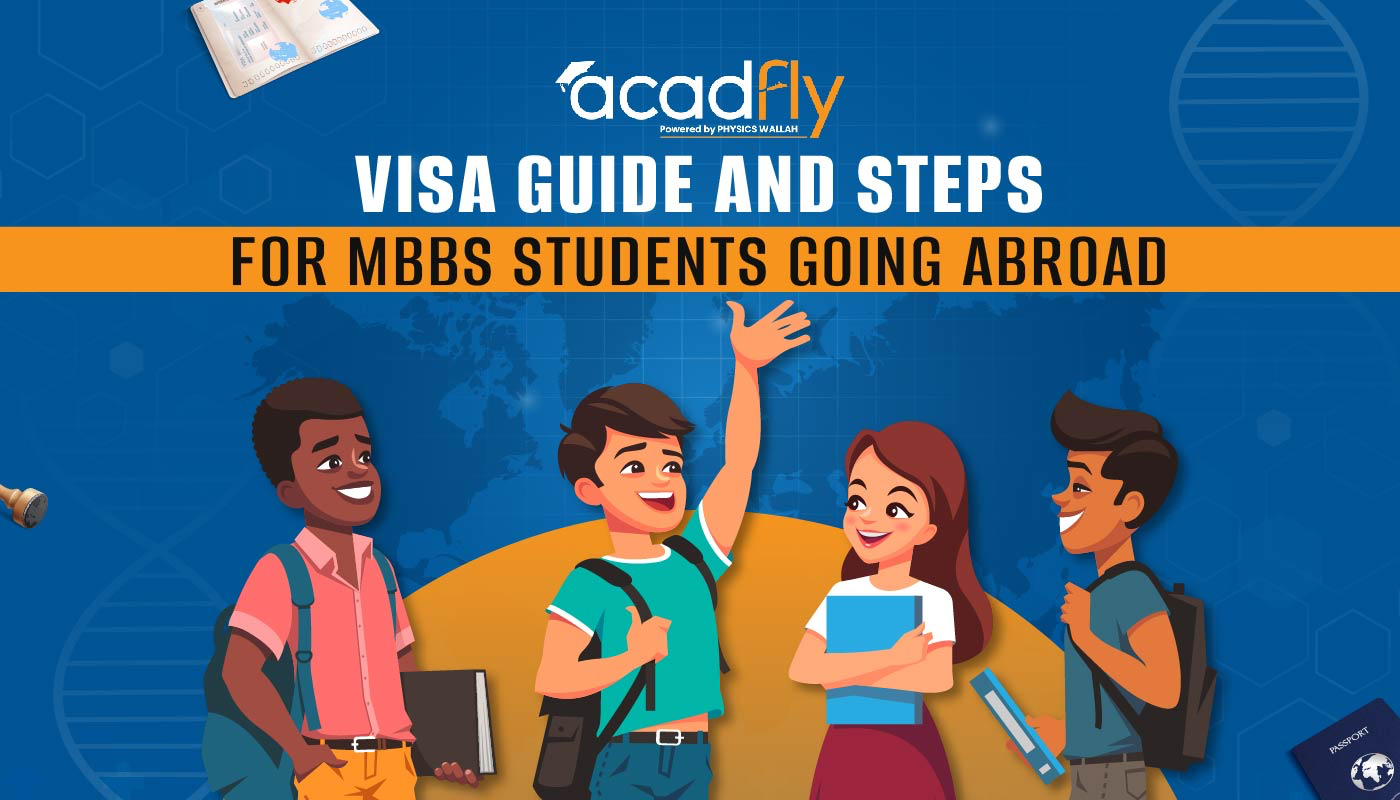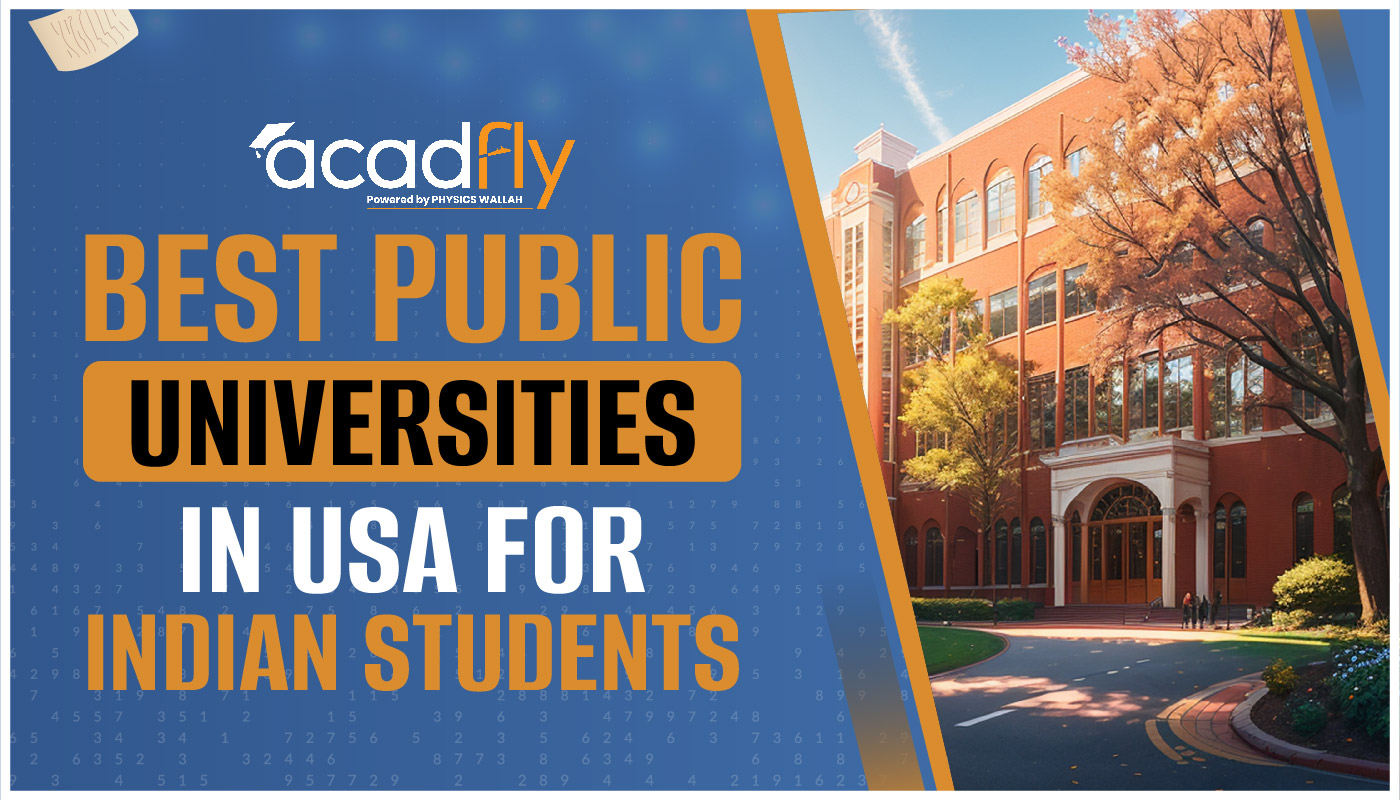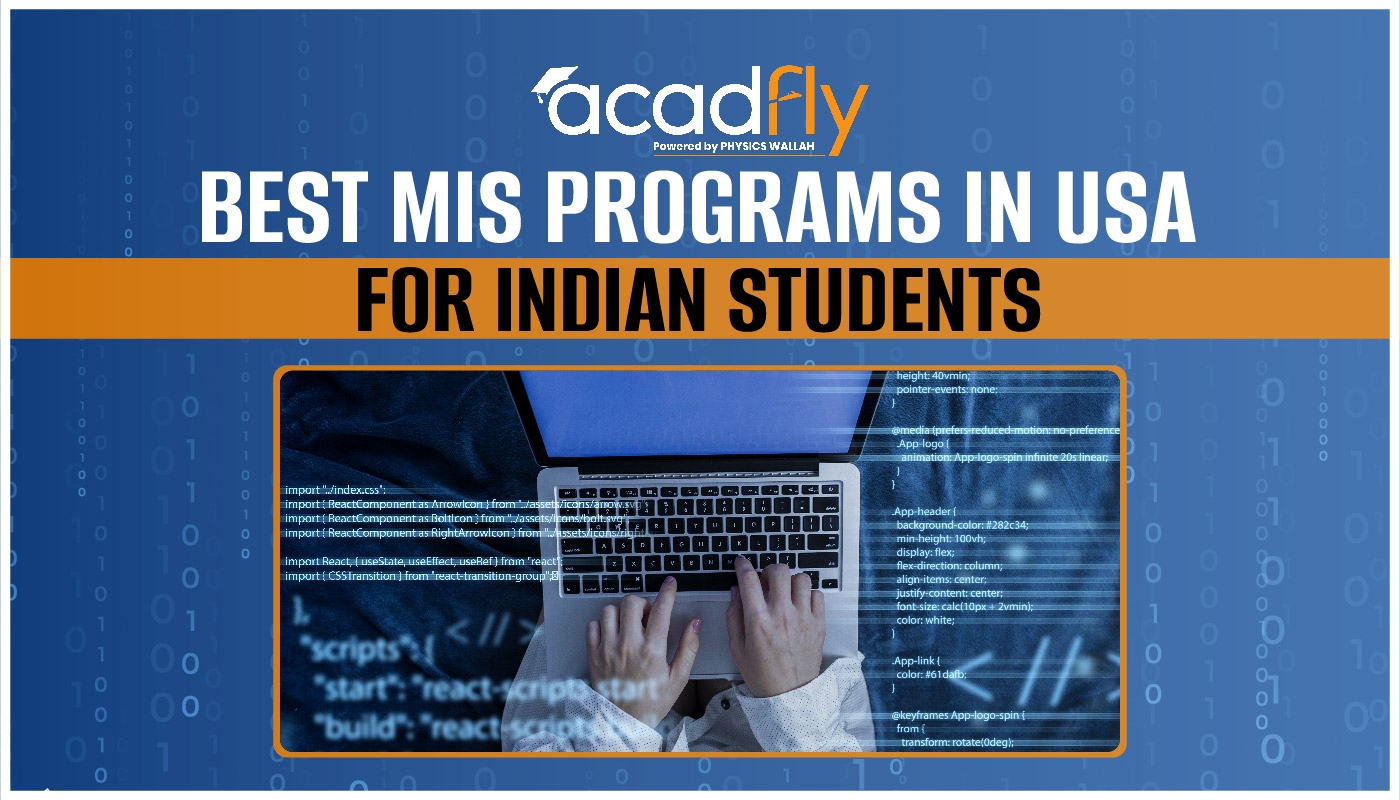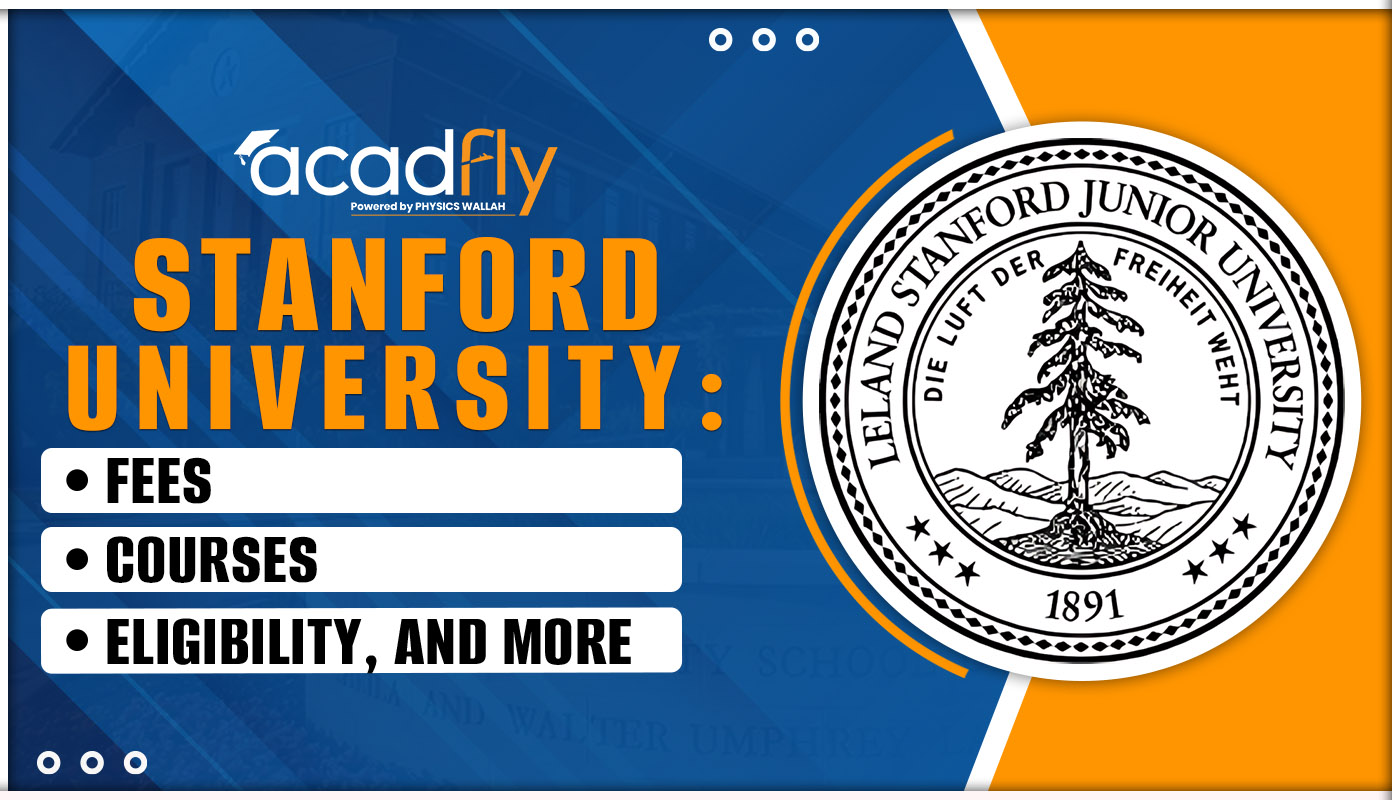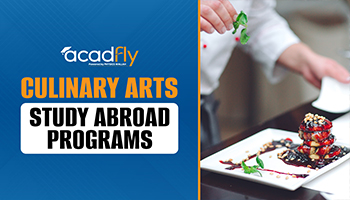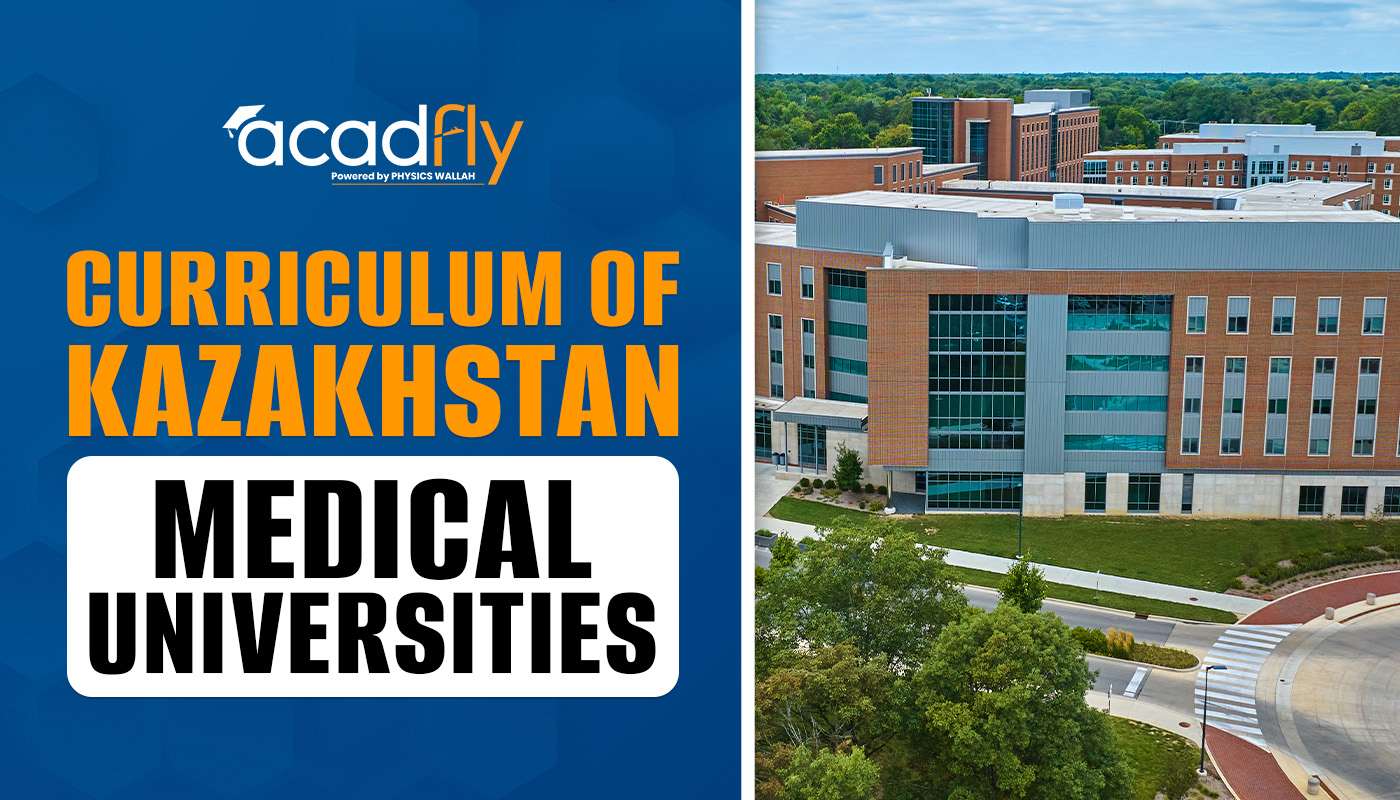

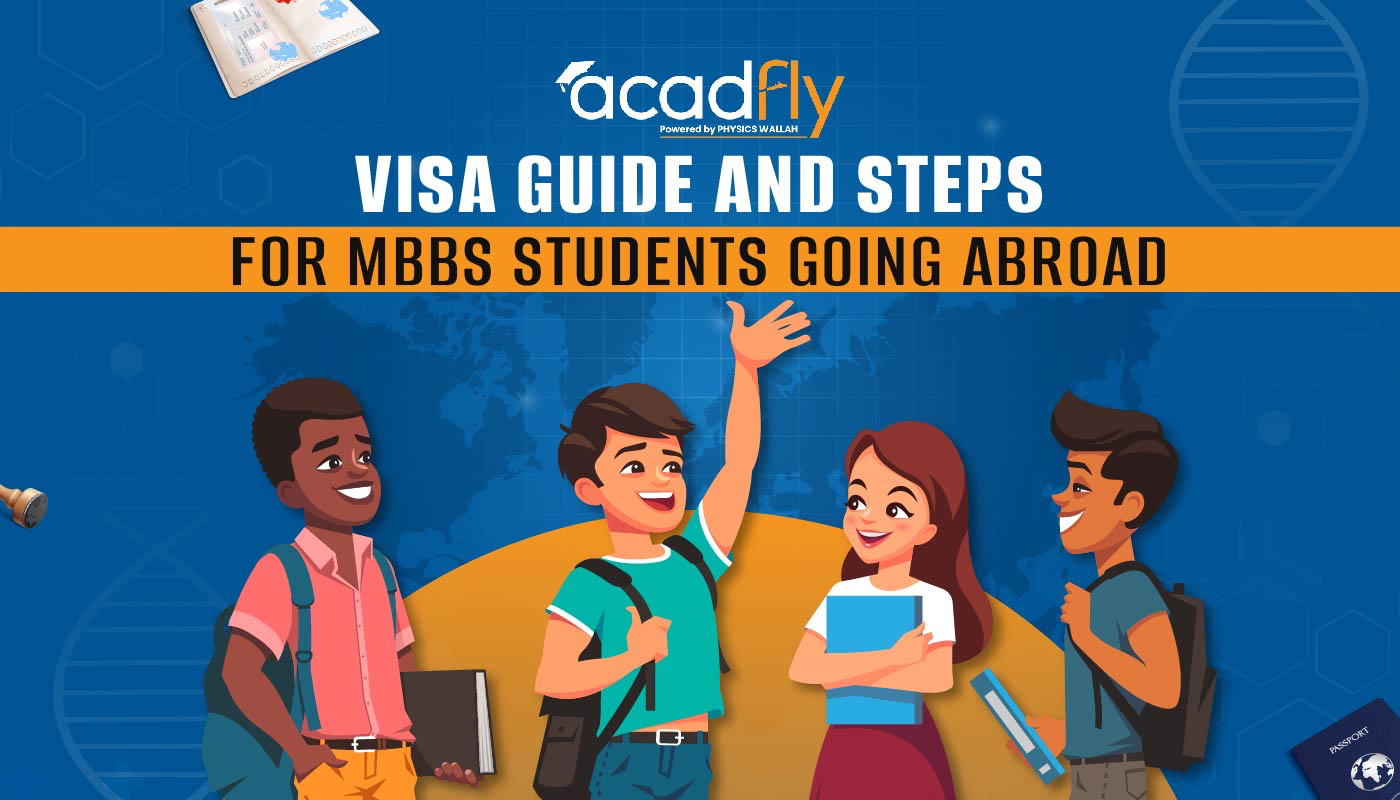
Pursuing an MBBS degree abroad is an exciting endeavour that promises not just a world-class education but also a unique adventure into different cultures and healthcare systems. However, before you pack your bags and set off on this academic voyage, there's a crucial step you need to navigate successfully: understanding and fulfilling the visa requirements for your country of study.
Navigating through the labyrinth of visa applications can be daunting, with each country having its own set of rules and documentation requirements. This guide is designed to demystify the visa application process for MBBS students, offering step-by-step advice, from preparing your application to acing the visa interview. With the right preparation and insights, you can smooth the path to securing your student visa, ensuring your focus remains on your medical aspirations.
Understanding Visa Basics for MBBS Abroad
What is a Student Visa?
A student visa is a government-issued document that grants you permission to enter and stay in a foreign country for study. It's the first gate you must pass through on your journey to studying MBBS abroad.
Types of Student Visas:
Depending on your destination, you may encounter different types of student visas. For instance, the United States issues an F-1 visa for academic studies, while the United Kingdom offers a Tier 4 (General) student visa. Understanding the specific type of visa you need is crucial, as each comes with its own set of rules and eligibility criteria.
Why It's Crucial for MBBS Students?
For MBBS students, securing the right student visa is not just about legal entry into the country. It's also about ensuring you're eligible for hospital rotations, internships, and part-time work opportunities, which are integral parts of your medical education abroad.
Preparing for Your Visa Application
Documentation Checklist: Begin your visa application process by gathering the necessary documents. While requirements may vary, here's a general checklist to get you started:
-
Valid Passport: Ensure it's valid for at least six months beyond your intended stay.
-
Admission Letter: Issued by the medical school confirming your acceptance.
-
Proof of Financial Support: Bank statements or scholarship letters proving you can cover your tuition and living expenses.
-
Academic Transcripts: Records of your previous academic performance.
-
Health and Travel Insurance: To cover medical expenses and unforeseen travel issues.
-
Photographs: Passport-sized photos as per the specific country's requirements.
Country-Specific Requirements:
It's imperative to research the specific requirements of the country where you plan to study. Some countries might require additional documents, such as proof of language proficiency (TOEFL, IELTS), criminal background checks, or specific medical tests.
Step-by-Step Visa Application Process
Application Timing
The timing of your visa application is crucial. Ideally, you should begin the process as soon as you receive your admission letter from the medical school. This gives you ample time to gather all necessary documents and address any unforeseen issues that may arise. Remember, visa processing times can vary greatly depending on the country and its specific embassy or consulate's workload, so early application is key to avoiding unnecessary stress.
Steps of the Application
Online Application: Most countries now require you to fill out your visa application form online. Ensure you accurately complete all required fields and submit it per the embassy's instructions.
Document Submission: After completing the online application, you will typically need to submit your documents, either digitally or by visiting a visa application center. Ensure all your documents are in order, as per the checklist provided by the embassy.
Visa Interview: Many countries require a visa interview as part of the application process. This is your opportunity to demonstrate your intent to study and your plans post-completion of your MBBS degree.
Tips for a Successful Visa Interview
Be Prepared: Familiarize yourself with common interview questions and have clear, concise answers ready.
Documentation: Bring all required documents and any additional proof that supports your application.
Confidence: Be confident in your responses, maintaining eye contact and a calm demeanor.
Honesty: Always provide truthful information. Visa officers are trained to detect dishonesty, which can lead to application denial.
Common Challenges and How to Overcome Them
Document Discrepancies
One of the most common issues applicants face is discrepancies in their documentation, whether it's mismatched information or missing papers. To avoid this, double-check all your documents before submission and ensure they match the information provided in your application.
Financial Proof Challenges
Proving financial stability is a cornerstone of the visa application process. If you're relying on scholarships or sponsorship, ensure you have official letters detailing these arrangements. For personal or family funds, bank statements should reflect the necessary amount for tuition and living expenses as required by the embassy.
Dealing with Rejection
Visa rejection can be disheartening, but it's not the end of the road. First, understand the reason for rejection. Embassies will often provide this information, allowing you to address the issue directly in a subsequent application. In some cases, an appeal might be possible, but often reapplying with corrected or additional information is the most effective strategy.
How AcadFly Can Help?
Expert Guidance: Navigating the visa application process can be complex, but education consultancies like ours offer expert guidance every step of the way. From selecting the right visa category to preparing your documentation and coaching you for the interview, our consultants ensure your application stands the best chance of success.
Personalized Support: Every student's situation is unique, and we provide personalized support tailored to your specific circumstances, ensuring that your visa application process is as smooth and stress-free as possible.
Streamlining the Process: With years of experience and knowledge of the intricacies of visa applications for MBBS students, we can streamline the process, helping you avoid common pitfalls and delays.
Conclusion
Securing a visa is a critical step in your journey to studying MBBS abroad, but it doesn't have to be an insurmountable challenge. With the right preparation, understanding of the process, and expert guidance, you can navigate the visa application process successfully. Remember, the goal is not just to secure a visa but to lay the groundwork for your future medical career on the global stage.
Visa Guide and Steps for MBBS Students Going Abroad FAQs
1. What are the basic documents required for an MBBS student visa?
2. How long does the MBBS student visa process usually take?
3. Is NEET qualification mandatory for MBBS abroad admission?
4. What is the typical visa type for MBBS students?

